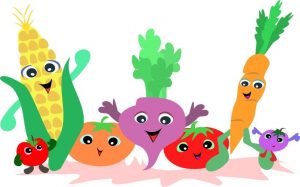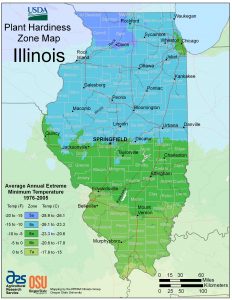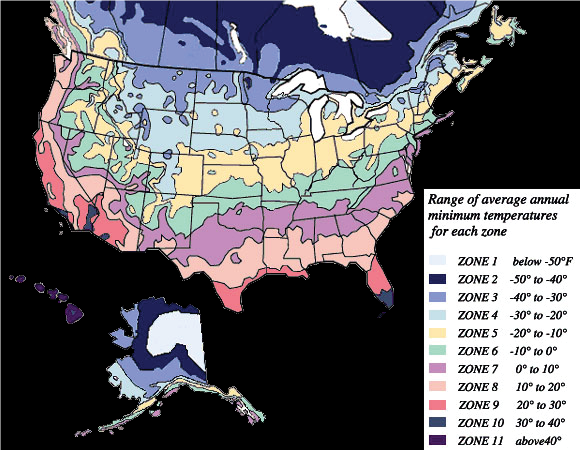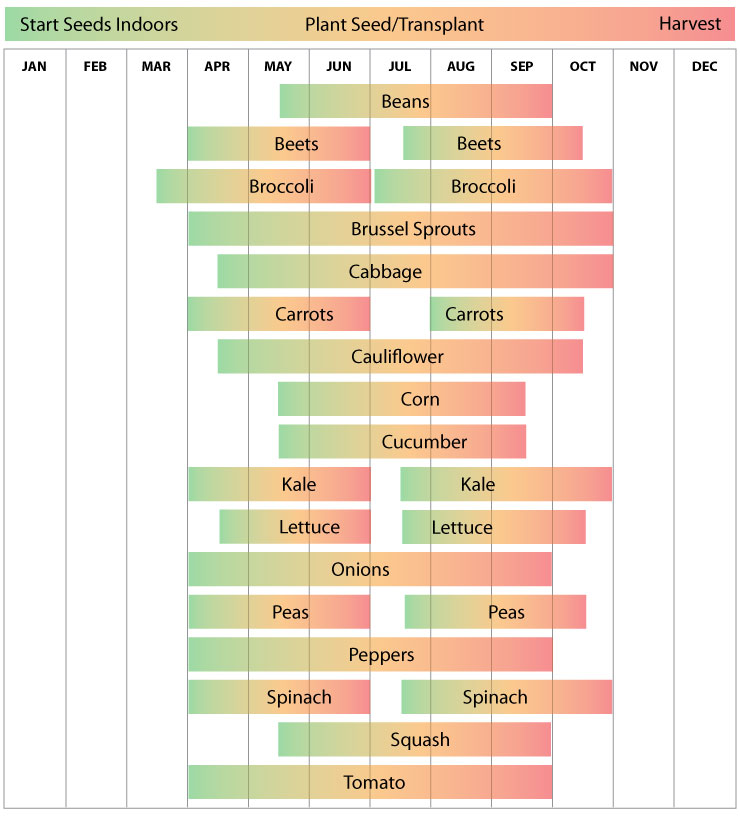"Sense"-sational Gardening
Gardening is a great way to spend time outdoors, get a bit of exercise, and have fresh vegetables for you to eat!

Commit to be Fit Main Page
Grow Your Own Garden
How do you start a garden?
1. Get an idea. Is this going to be a vegetable garden? Or maybe an herb garden? Will you plant annuals, which will allow for your selection to change each year? Or do you prefer perennials that return annually?
2. Pick a place. Almost all vegetables need about six hours of full sun each day. Spend a day in your chosen spot and watch how the sun moves across the space. It might receive more sun than you think. Put the garden where you will remember to tend to it, and place it close enough to a water spigot that you won't have to drag a hose or watering can a long distance.
3. Clear the ground. Get rid of the sod covering the area you plan to plant.
4. Improve the soil. Adding organic matter can give soil a boost to help your plants grow. Add a 2- to 3-inch layer of compost, decayed leaves, dry grass clippings, or old manure. Then till the organic matter into the soil.
5. Dig or don't. Digging loosens the soil so roots can penetrate more easily. Use a spade or spading fork to gently turn the top 8 to 12 inches of soil, mixing in the organic matter from Step 4. In vegetable gardens and beds of annual flowers, turn the soil only once a year in the spring before you plant.
6. Pick your plants. You can order seeds from a catalog (or online), or go to a garden center and see what they have. Either method works if you choose plants adapted to your climate, your soil, and the amount of sunlight in your garden.
7. Put them in the ground. Paying attention to individual planting timing for each plant. Some are heartier and can stand the late chills in spring, some are more delicate and will need to be planted when the weather is steadily warm.
8. Water. Seedlings should never dry out, so water daily while they are small. Taper off as the plants get larger. New transplants also need frequent watering—every other day or so—until their roots become established. After that, how often you need to water depends on your soil, how humid your climate is, and how often it rains. Plants are begging for water when they wilt slightly in the heat of the day. Water slowly and deeply, so the water soaks in instead of running off into the street. To minimize evaporation, water in the early morning.
9. Mulch. To help keep weeds out and water in, cover the soil with a couple of inches of mulch. All sorts of mulch are available, from pine needles to cocoa hulls to bark chips. For a vegetable garden, choose a mulch that decomposes in a few months.
10. Keep it up. Your garden is on its way. Keep watering when needed, and pull weeds before they get big.
When should you start a garden?
Start seeds 6-8 weeks before your last frost date indoors for best results. March is the perfect time to get those tomatoes and pepper seeds started indoors to be ready for an early spring planting! Also, its a great time to start planting those cool weather vegetables tat can withstand those last frost days of March and April.
Fall is a good time to plant trees, shrubs, bulbs, and some perennials.
Temperature Zones
 |  |
Temperature zones can affect which plants will grow best where you live. Kendall County is considered in Zone 5, so plants that are recommended in zones including 5 will grow best here. Some suggested vegetables and their timing for zone 5 are shown below. A Vegetable Planning Guide Worksheet can be useful in deciding when to plant and then tracking your seeds as you go.


